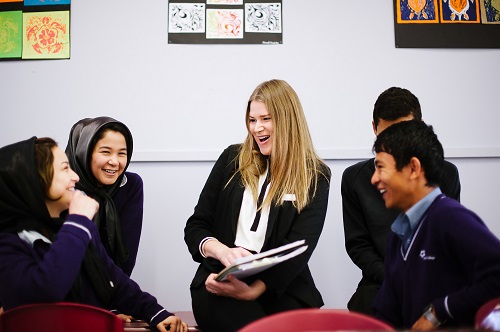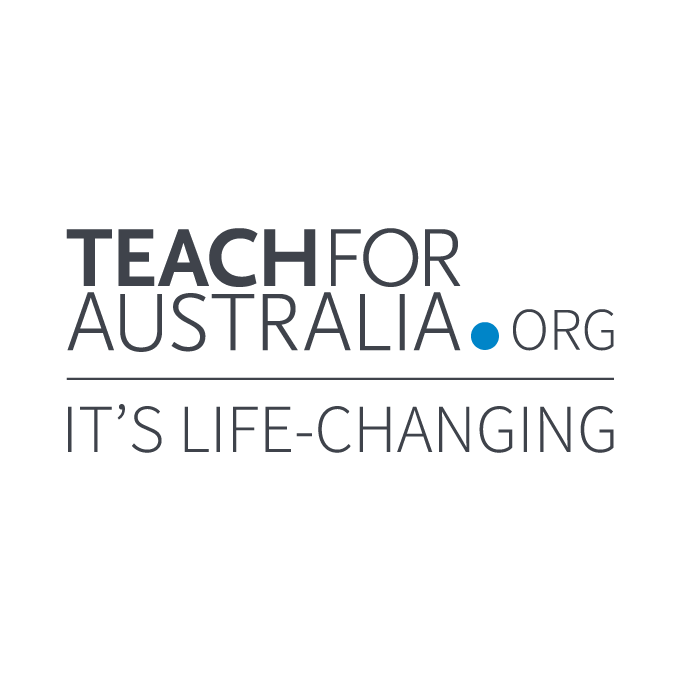
As a new teacher navigates the enigmatic challenges that the profession throws up, it’s not so much that the goal posts shift, it’s that they change shape.
Forming positive, therapeutic teacher-student relationships is one such challenge, with floating goal posts and an almost incomprehensible scoring system.
With every challenge overcome comes a new challenge.
One such challenge I have encountered is the working teacher-student relationship.
My school identifies “authentic relationships” as one of the six underpinning values of the community, holding our model of teaching and learning together.
As someone for whom connecting with others is one of the central pleasures of life, I did not predict that a year into teaching I would still be working out how to develop relationships with my students that best suit their wellbeing and academic needs.
Working with students in contexts where trauma is a likely factor to consider, research suggests a therapeutic model for education.
There, the teacher-student relationship is based loosely on the therapist-patient relationship (Gersh, 2013). In order for this relationship to be productive, the teacher (cf. therapist) should be a healthy individual able to regulate emotions.
One important part of maintaining this regulation is teacher self-care. This includes the the management of anxiety through activities like mindful meditation, for example.
This allows a teacher to react mindfully to unpredictable situations that arise in the classroom, to control effects like countertransference, where the teacher involves his or her experiences or anxieties in a response to a student’s behaviour.
For example, when a student refuses to complete work in class, a teacher raises their voice and sends the student out of the room, thinking that they do not have time to keep the student in at lunchtime to finish the work.
A more mindful response might be to calmly ask the student to move to the front where the teacher can help them more readily. This means responding only to the situation at hand, not the myriad of possible outcomes. This approach keeps unconditional positive regard in tact.
Herein lies the paradox.
Teaching is in its nature immediate, unpredictable. Each of the twenty-five bodies in the classroom bring with them unique qualities, thoughts and verbalisations.
One way to conceive of the complexity of the situation is to consider that our human language capacity allows us to produce, orally or in writing, completely unique sentences with very little effort.
Multiply this singularity by twenty-five young brains, and again by the fact that these are not only writing and speaking, but also thinking, worrying, reacting, processing, and you begin to approach an understanding of the complexities encountered in the classroom.
Thus, as teachers, we are to react mindfully to such complexity, while also remaining authentic, all the while guarding a thick skin so as to emerge from difficult interactions with minimal anxiety or hurt.
Mission impossible?
Many aspects of teaching seem to be about the development of intuitive responses (learning how to respond mindfully, and making those mindful responses part of you, so that they become authentic) based on research, such as the literature behind therapeutic education.
Since we are teaching and preparing for teaching hour after hour, back to back, day in and day out, intuitive responses are often what we rely upon.
However, paradoxically, or logically, or comfortingly, depending on how we see it, we must root these intuitions in research, or else we face the possibility of putting our most vulnerable students at risk.
References:
Gersh, Benji. (2013). How can a teacher form a working alliance with a traumatised student? A rationale and advice for implementation. Masters thesis: University of Melbourne.






